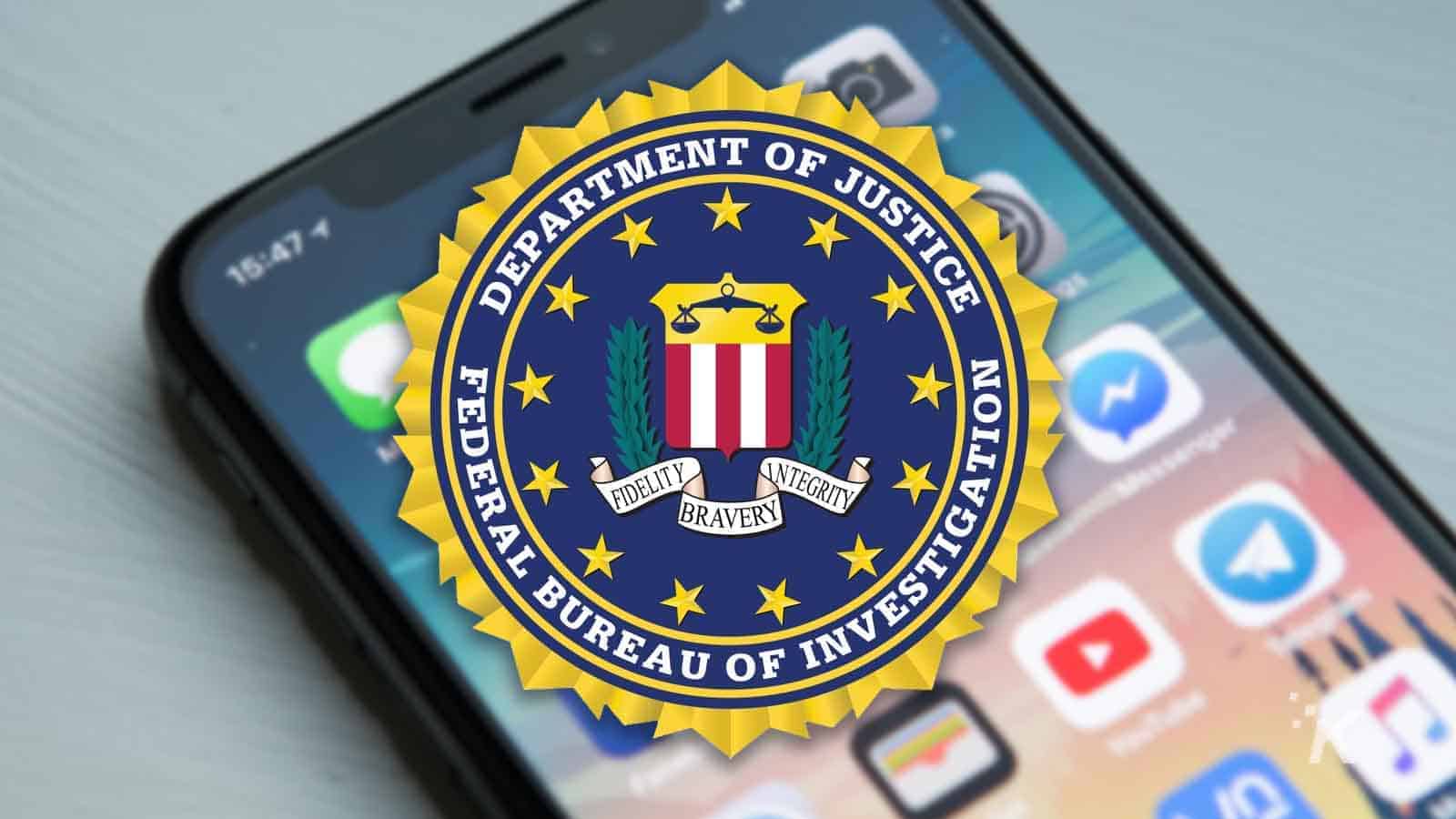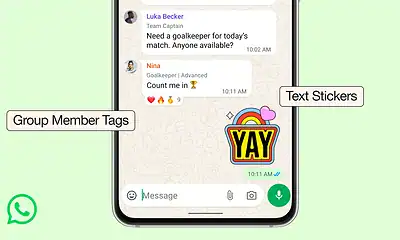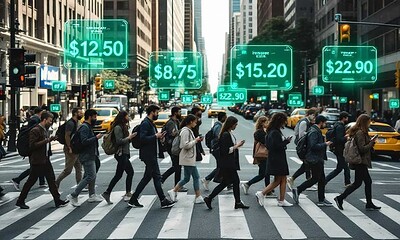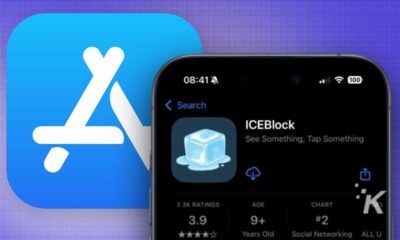Apps
This FBI document reveals how much data it can legally obtain from messaging apps
Some of these apps are handing out loads of data to the FBI.

Just a heads up, if you buy something through our links, we may get a small share of the sale. It’s one of the ways we keep the lights on here. Click here for more.
With so much emphasis on privacy and security online these days, many of the popular messaging apps that exist on various platforms are emphasizing users’ privacy. But most of these platforms are not completely free from prying eyes, and a recently acquired FBI document sheds some light on how much data some of these apps are giving to law enforcement.
The document was acquired by Property of the People, a nonprofit group focused on transparency, as the result of a Freedom of Information Act (FOIA) request. The previously unreleased document contains details about what kind of data that the FBI is allowed to obtain from nine different messaging apps.
The apps on the list include iMessage, Line, Signal, Telegram, Threema, Viber, WeChat, WhatsApp, and Wickr. Of the nine apps listed here, iMessage, Line, and WhatsApp are the only ones that actually give the FBI limited message content.
READ MORE: The FBI is warning LinkedIn users of rampant fraud on the platform
The image released of the FBI’s list is a little hard to read, but, luckily, the folks over at The Record organized all of the information into this table:
| App | Legal process & additional details |
|---|---|
| Apple iMessage | *Message content limited. *Subpoena: can render basic subscriber information. *18 USC §2703(d): can render 25 days of iMessage lookups and from a target number. *Pen Register: no capability. *Search Warrant: can render backups of a target device; if target uses iCloud backup, the encryption keys should also be provided with content return can also acquire iMessages from iCloud returns if target has enabled Messages in iCloud. |
| Line | *Message content limited. *Suspect’s and/or victim’s registered information (profile image, display name, email address, phone number, LINE ID, date of registration, etc.) *Information on usage. *Maximum of seven days worth of specified users’ text chats (Only when E2EE has not been elected and applied and only when receiving an effective warrant; however, video, picture, files, location, phone call audio and other such data will not be disclosed). |
| Signal | *No message content. *Date and time a user registered. *Last date of a user’s connectivity to the service. |
| Telegram | *No message content. *No contact information provided for law enforcement to pursue a court order. As per Telegram’s privacy statement, for confirmed terrorist investigations, Telegram may disclose IP and phone number to relevant authorities. |
| Threema | *No message content. *Hash of phone number and email address, if provided by user. *Push Token, if push service is used. *Public Key *Date (no time) of Threema ID creation. Date (no time) of last login. |
| Viber | *No message content. *Provides account (i.e. phone number)) registration data and IP address at time of creation. *Message history: time, date, source number, and destination number. |
| *No message content. *Accepts account preservation letters and subpoenas, but cannot provide records for accounts created in China. *For non-China accounts, they can provide basic information (name, phone number, email, IP address), which is retained for as long as the account is active. | |
| *Message content limited. *Subpoena: can render basic subscriber records. *Court order: Subpoena return as well as information like blocked users. *Search warrant: Provides address book contacts and WhatsApp users who have the target in their address book contacts. *Pen register: Sent every 15 minutes, provides source and destination for each message. *If target is using an iPhone and iCloud backups enabled, iCloud returns may contain WhatsApp data, to include message content. | |
| Wickr | *No message content. *Date and time account created. *Type of device(s) app installed on. *Date of last use. *Number of messages. *Number of external IDs (email addresses and phone numbers) connected to the account, bot not to plaintext external IDs themselves. *Avatar image. *Limited records of recent changes to account setting such as adding or suspending a device (does not include message content or routing and delivery information). *Wickr version number. |
READ MORE: FBI lists notorious crypto fraudster on its 10 most-wanted list
Several of the apps included on the FBI’s list provide much less information to the agency. Signal is among the most secure, only giving out the date and time of a user’s registration and the last time that they used the app. Telegram is even more secure, only giving out information as part of a confirmed terrorist investigation.
This list just goes to show that there is ultimately a limitation to even the most secure messaging apps around. While you shouldn’t have to worry about this unless you’re under investigation from the FBI, it’s good to know just how secure these apps actually are.
Have any thoughts on this? Let us know down below in the comments or carry the discussion over to our Twitter or Facebook.
Editors’ Recommendations:
- Your WhatsApp messages aren’t actually private – moderators can read them
- Google Messages finally shows iMessage reactions on Android devices
- The FBI’s email system sent out a bunch of bogus cybersecurity warnings after being hacked
- The FBI wants you to know that working from hotel WiFi can be a massive security risk






























